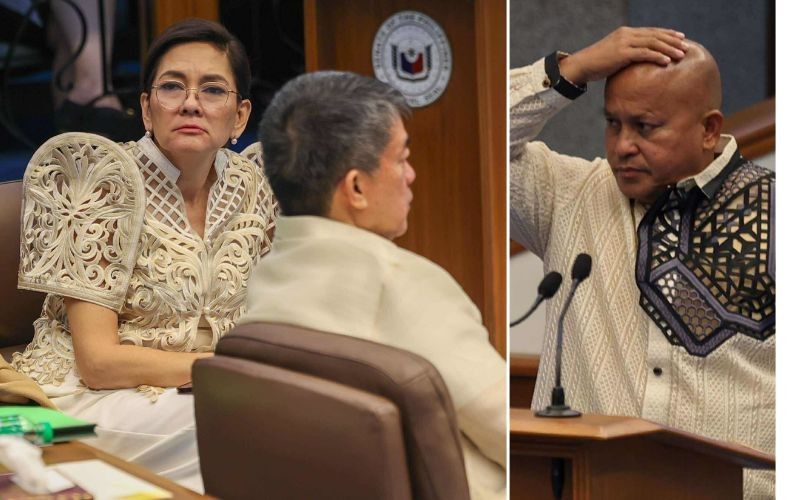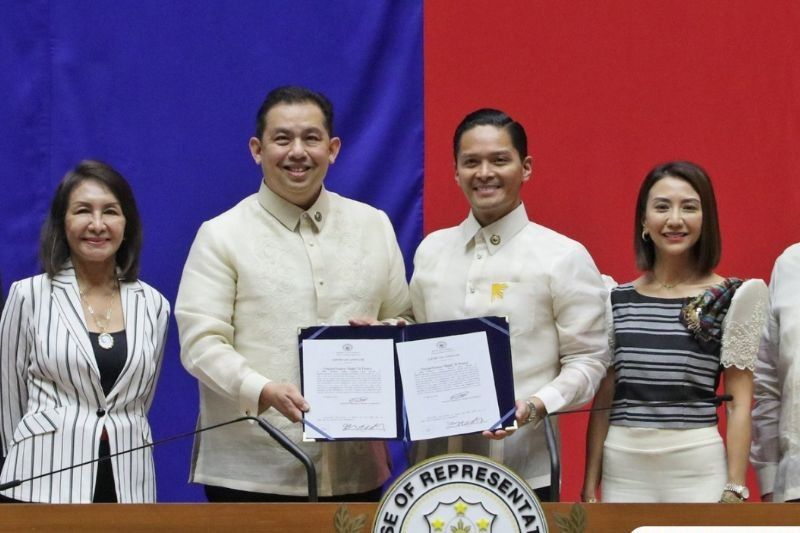
Upgrade to High-Speed Internet for only ₱1499/month!
Enjoy up to 100 Mbps fiber broadband, perfect for browsing, streaming, and gaming.
Visit Suniway.ph to learn
Jean Mangaluz - Philstar.com
March 7, 2025 | 9:44am
Former DICT Secretary Ivan Uy attends today’s Kapihan sa Manila Bay in January 2025.
The Philippine STAR / Ryan Baldemor
MANILA, Philippines — Ivan Uy has resigned as the secretary of the Department of Information and Communications Technology (DICT), according to Malacañang.
In a statement on Thursday evening, March 6, Palace Press Officer Claire Castro confirmed that Uy had handed in his resignation.
“DICT Sec Ivan John Uy's resignation was accepted by the president today. An OIC (officer-in-charge) will fill the position until the president appoints a secretary,” Castro told reporters.
Uy is not the first major Cabinet replacement under President Ferdinand Marcos Jr. in 2025.
Within the first quarter of the year, Marcos has already replaced two Cabinet secretaries: with Vince Dizon taking over the Department of Transportation from Jaime Bautista and Jay Ruiz replacing Cesar Chavez in the Presidential Communications Office (PCO).
Marcos also replaced the head of the Presidential Security Group. Major General Jesus Nelson Morales of the Philippine Air Force was succeeded by Brigadier General Peter Burgonio of the Philippine Army.
In 2024, Marcos replaced a total of five Cabinet secretaries. Current Finance Secretary Ralph Recto succeeded Benjamin Diokno, while Sonny Angara took over from Vice President Sara Duterte as Education secretary. Trade Chief Maria Cristina Aldeguer-Roque replaced Alfredo Pascual, PCO Secretary Cheloy Garafil was succeeded by Chavez, and Interior Secretary Benjamin Abalos was replaced by Jonvic Remulla.
In February, Castro said that there was an ongoing performance review for presidential appointees.
However, she said this was normal, as some secretaries voluntarily resign, requiring the president to appoint their replacements.

 3 months ago
53
3 months ago
53



